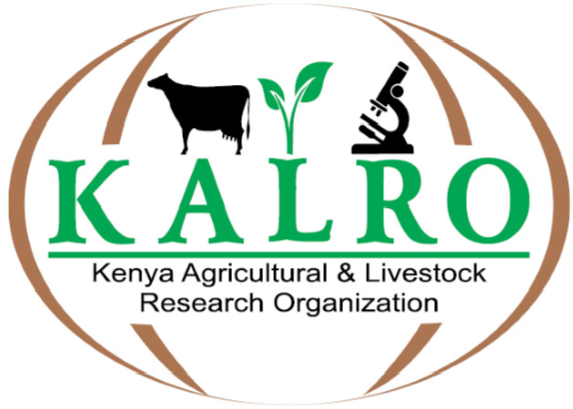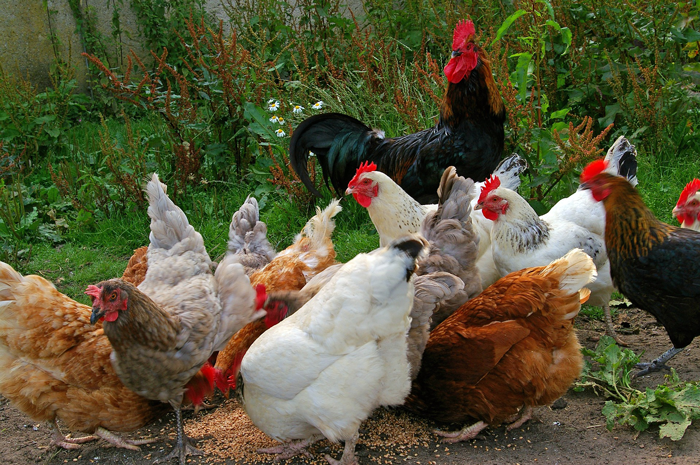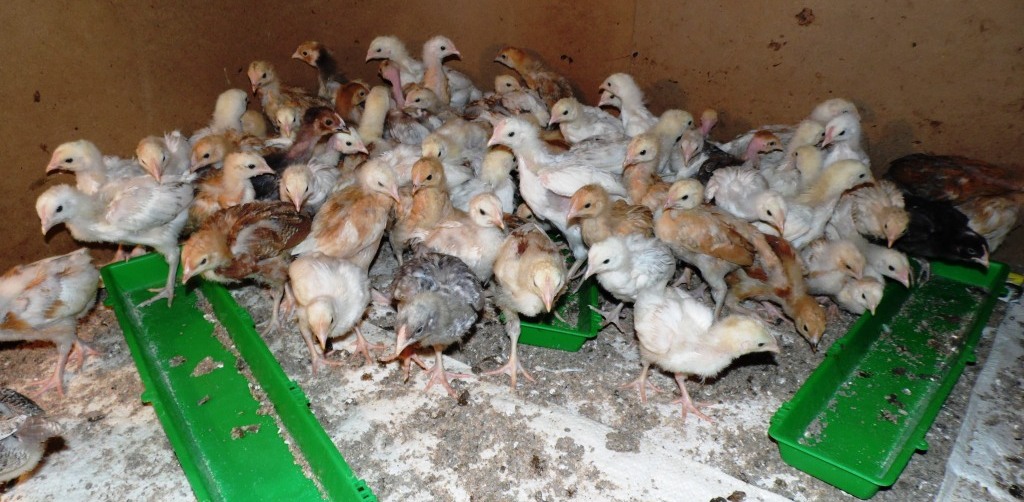
Kenya Agricultural and Livestock Research Organization (KALRO) logo. KALRO is now able to offer Kenyan farmers, researchers, students and over 9 Kenyan Universities with real-time agricultural information.
The Kenya Agricultural and Livestock Research Organization (KALRO) has launched an e-service platform and three mobile apps for chicken, dryland crop and pasture seed farmers, delivering real-time updates from their research labs and meteorological agency, following a comprehensive internet upgrade from Liquid Telecom Kenya.
To enable the new launches, Liquid Telecom Kenya has installed a faster and scalable MPLS - Wide Area Network and VSAT internet connection, offering up to 100Mbps across 42 KALRO branches and headquarters.
As a result, the organisation is now providing farmers with timely, high-level research and agro-weather data for specific value chains, advising farmers on the best agronomics practices for their geographical areas.
“Before the internet infrastructure and connection upgrades, we could spend days and incurred huge travelling and phone call costs in delivering information from our research centres across the country to the headquarters’ data centre for processing and dissemination to farmers. Now, we are able to communicate in real-time through our IP phones, equipped with video cameras, receive data from the field promptly, process it and channel it to the respective mobile app portals,” said Boniface Akuku, KALRO’s Director of ICT
Kenya’s innovation in agriculture and information delivery has received global recognition, with Planet of the Apps, a TV reality show about apps and talented developers, set to feature KALRO’s app on 6 – 7th September in USA, Washington DC.
“This is great recognition of our efforts to develop apps that support agriculture, not only in Kenya but across Africa,” said Akuku. “In addition, we have upgraded and installed high-performing computers for big data analytics at our data centre, which now has a capacity of 48TB of upgradable storage capacity.”
READ ALSO: KALRO releases drought tolerant beans
READ ALSO: KALRO unveils super-yield indigenous chicken
READ ALSO: New KALRO poultry vaccines don’t need fridges to store
KALRO is now able to offer Kenyan farmers, researchers, students and over 9 Kenyan Universities offering agriculture courses with new, timely and more detailed research information, leading to advanced knowledge in livestock and crop production in the country.
“Liquid Telecom recognises the role of technology in research, generation and creation of new knowledge, which is vital in national development. KARLO’s new e-services will be driving our common vision and goal of restructuring agricultural and livestock research into a dynamic, innovative, responsive and well-coordinated system,” said Adil Youssefi, CEO of Liquid Telecom Kenya.
“New technologies and internet-based agricultural infrastructures are reshaping the way farmers are producing livestock and crops, helping them adopting new methods of farming by accessing up-to-date data on crop varieties and farming methods.
This, in turn, ensures food security and nutritious diets for millions of Kenyans,” he added.
It is estimated that the livestock farming alone contributes to 7.9 – 10 per cent of Kenya’s GDP with the poultry industry contributing an estimated 1.7 per cent. Poultry agriculture has emerged as a lucrative venture for young farmers, particularly among small-scale farmers, which support over 70 per cent of Kenyans.
“Through our apps, KALRO aims at empowering young farmers, who can now easily start farming poultry to raise their potential and increase their incomes as captured by the sector's driving strategy, the Agricultural Sector Development Strategy,” said Dr. Eliud Kireger, Director General of KALRO.
The KALRO Indigenous Chicken app is now offering farmers information on feeds, both as varieties and availability, diseases and animal breeds, in a bid to increase productivity from the current estimate of 32 million birds.
Additionally, KALRO has moved to support the expanded productivity from drought tolerant crops to support household food production through their ‘Range Pasture Seed Production App’, in a country where 80 per cent of land falls in arid and semi-arid areas that are home to over 4 million residents or 10 per cent of Kenya’s population.
“Farmers in these areas can now access information on soil and water management technologies, as well as seeds varieties that are tolerant to drought, pests and diseases, further improving food security,” said Dr. Kireger.

















